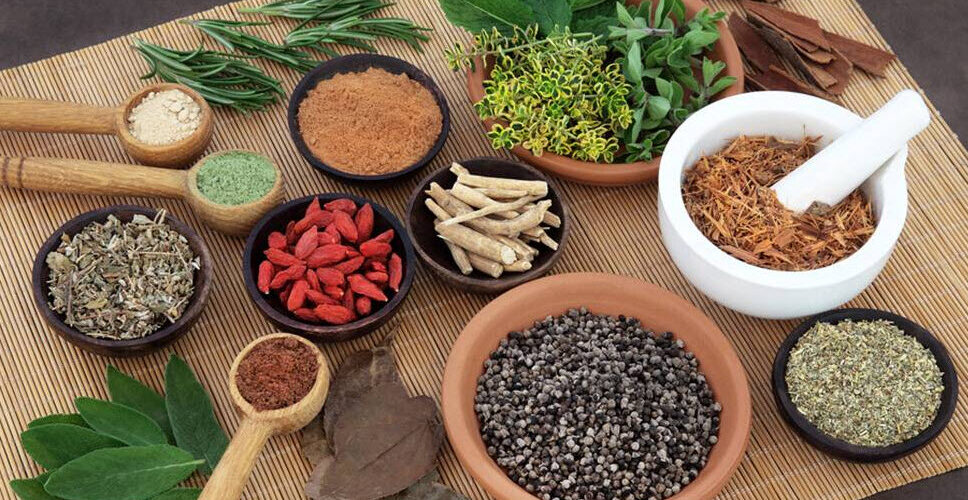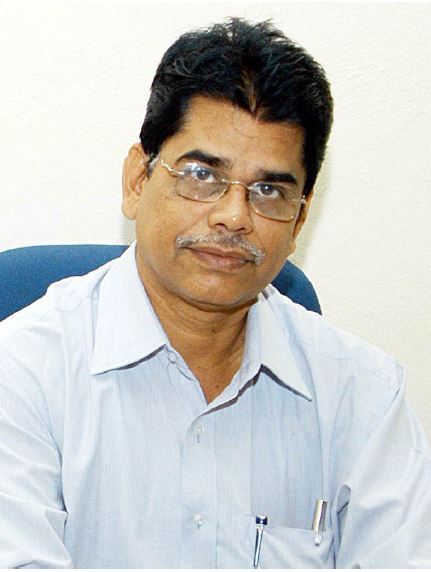
Basic Foundation Course on Wellness in Ayurveda
Ayurveda is the upanga of Atharvaveda and it was proclaimed in one lakh slokas dividing in thousand chapters. But, keeping in view of the alpamati (short memory) of human beings it was divided into eight branches. They Shalya (surgery), Shalakya (ENT, Ophthal), Kayachikitsa (Internal Medicine), Bhuta Vaidya (treatment of persons possessed by spirits), Kaumarabhritya (Pediatrics and gynaecology), Agad tantra (Toxicology), Rasayana tantra (increasing immunity power), and Vajikarana (Aphrodisiacs).
An interactive, skill building, Do-It-Yourself home-based remedies for common ailment course.
Introduction
Wellness is a concern for everyone as we realize how being healthy is being wealthy in the real sense. In our lifestyle these days, many of our resources are consumed towards living in wellness and towards treatment whenever that does not seem possible. Living with so many medicines, supplements and food restrictions has become the norm. To this end, Ayurveda, the ancient science of life has a treasure of fundamental solutions to a healthy way of lifestyle. Ayurveda considers that the health is attained when the physical senses are perfectly enjoyed and where the mind gets peace and tranquility. This state of equilibrium of all the senses and the bodily functions are to be achieved to lead a meaningful healthy lifestyle.
With this in mind, this foundation course is formulated to make the learner acquainted with the principles and methods of maintenance of wellness in Ayurveda. The course will open the window to the entire knowhow of Ayurvedic maintenance of wellness. It will be of great use to all professionals, software techies, housewives, yoga practitioners and other working cum retired people who seek to adopt these methods and guide themselves and others to lead a healthy and purposeful life.
This is an interactive, skill building, Do-It-Yourself home-based remedies for common ailment course where the instructor would guide students through.
Objectives
- To learn to methods to manage lifestyle as prescribed in Ayurveda
- To learn to apply these principles for improving health
- To learn to apply these principles for improving quality of life
Expected Outcomes
The learners will be trained in the methods of lifestyle management as prescribed in Ayurveda through this online Ayurveda course. It will enable them to reach the position where they will be able to apply these principles for improving their health and quality of life of and the people to whom they extend their services.
Beneficiaries
Undergrad student, Master’s student, Teacher, Manager, Self-employed, Homemaker, Yoga trainers, Personal trainers, Wellness managers, and Patient care-givers.
Syllabus
- Basic Principles of Ayurveda
- Chaturvishati tattvas
- Pancha bhoutika theory
- Pancha Tanmatras
- Pancha jnanendriyas
- Pancha karmendriyas
- Doshas Dhatus malas
- Shad rasas
- Roga karanas
- Pancha lakshanaNidanas
- Chikitsa Vidhanam and types
- Ashtanga Ayurveda
- Sadhyasadyata of vyadhis
- Aushadha Jnanam
- Basic knowledge of Kriya Sharir and Rachna Sharir
- Dosha karmas and dosha vridhi lakshanas
- Dhatu karmas and Vridhi lakshanas
- Upadhatu and mala Vridhi lakshanas
- Dhatu utpatti krama
- Ahara jeerna kriya vidhi
- asthi sandhi rachana
- Mamsa peshi sira snayu dhamani rachana
- Marma description
- Abhyantara avayava rachana
- Rasa Rakta Samvahanam
- Sroto Vijnanam
- Manas jnanendriya rachna and kriya
- Dosha Dhatu and Mala Vivechana
- Doshas bedhas
- Panchavidha Vata Pitta kapha
- Vridhi ksaya Lakshanas and karanas
- Dhatus vridhi ksaya lakshanas
- Mala vridhi kshaya lakshana
- Upa dhatu lakshanas
- Shat kriya kalas
- ritu anusarena vridhi kshaya of doshas
- vata janya vyadhis
- Pitta janya vyadhis
- Kapha janya vyadhis
- Sannipataja vyadhis
- Nadi Pareeksha and Dasha Vidha Pareeksha
- Nadi pareeksha
- Nadi gati
- Nadhi Sandrata
- nadi pareeksha abhyasa
- Dasha vidha pareeksha vishaya
- description of each vishaya
- Trividha Pramanas
- Prakriti Nirnaya and its application
- Deha Prakriti
- Vata Prakriti Lakshanas
- Pitta prakriti lakshanas
- Kapha prakriti lakshanas
- Dwanda and Sannipataja prakriti lakshanas
- prakriti pereeksha abhayasa
- Computerisation of Prakriti pareeksha
- Application of Prakriti status in Health and diseases
- Maanasa Prakriti and Manasika Doshas
- Manasika Doshas
- Doshas utkleshana
- Manasa Prakriti and its types
- Prakriti interpretation in wellness maintenance
- Conversion of Shareerika vyadhis in Manasika vyadhis and vice versa
- Sadvritta
- Swastya vrittam Dina Charya and Ratri Charya
- Meaning of Swastya vritham
- Swastya vritta niyamas
- Details of dina charyas
- Details of Ratri charyas
- Details of ritu charyas
- Environmental factors affecting the health
- Niyamas for food and water
- Yoga Abhyas and vyayama niyamas
- Swastha Lakshanas
- Ritu and Kala Prabhava Ritu Charya
- Ritus Ayanas Samvatsara
- Ritu lakshanas and their effect on deha
- Ritucharya according to each ritu
- Dosha utklesha as per the Ritu
- Further contribution to Ritucharya
- Following the Ritu charya as per the present day need
- Ritucharya for different professionals
- Rasayana And Panchakarma Principles
- Rasayana nirukti
- Different type of Rasayana
- Applications of Rasayana principles
- Immunity and vyadhiksamatwa
- Acquiring the vyadhikshmatwa through Rasayana
- Vajikarana and its requirements
- Introduction to Panchakarmas
- Best practices of Pancha karmas
- Pancha Karmas for personal well being
- Minimum knowledge of practical panchakarma
- Drugs, their properties and their usage
- Introduction of aushadhi
- Types of Drugs
- Collection and processing of drugs
- Types of drugs
- Introduction of fifty herbs with their properties and usage

